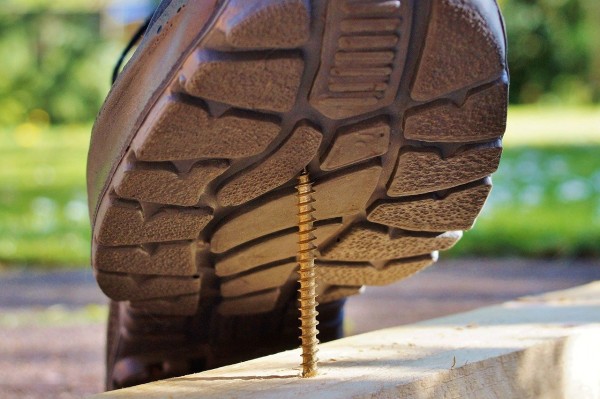
An injury can incapacitate even the healthiest individuals, leaving a big strain on their day to day lives. If you have recently experienced an injury, many things can be done to help mitigate the effects and help you to return to your usual healthy self as quickly as possible.
Seek Medical Advice
If you have experienced a serious injury, you must seek medical advice immediately. Seeing a doctor directly is the best way to ensure that your injury does not cause loss of function or, in the very worst case, loss of life. Many different injuries require immediate medical assessment, such as:
-
Concussions. If you are experiencing vomiting, server or worsening headaches, seizures, convulsions, slurred speech, confusion, agitation, restlessness, trouble walking, numbness, weakness, or decreased coordination, you must seek medical advice.
Advertisement -
Severe burns, unlike minor burns, require immediate medical attention as they can cause permanent tissue damage.
-
Lacerations, such as serious cuts or puncture wounds, can cause severe bleeding and nerve damage. It is necessary to consult a medical professional to stop bleeding and to restore appearance and functionality.
There are many more injuries that require immediate medical attention. If you are in any doubt as to whether you should consult a doctor, it is always best to call the emergency services of your doctor to ask about your specific case.
Act Quickly
If your injury does not require medical advice, it is still important to act quickly to mitigate the potential effects. For example, if you have experienced a sporting injury, it is recommended that you follow the acronym R.I.C.E. This refers to rest, ice, compress, and elevate.
Rest and Recovery
Rest is very important for those who have experienced an injury. After your body has experienced a trauma, it needs time to recuperate to most effectively begin the healing process. Even for those experiencing minor injuries, you must give your body enough time to rest to ensure that you are not inadvertently making your injury worse. The amount of rest an injury requires depends on its severity and location. As a general rule, you should avoid placing undue stress on severely fatigued or injured tissues, but almost paradoxically while trying to remain relatively active.
Consider Compensation
If you have experienced an injury that wasn't your fault, you might want to consider compensation. Choosing to hire a lawyer is the best way to ensure you receive the compensation you deserve. This compensation should go some way to helping you gain a sense of normality after an injury. For example, if your injury has caused you to lose work, your compensation should cover this, as well as medical bills and any other relevant payments. As well as the economic damages, you may also be entitled to compensation for other damages like pain and suffering.
Remain Mindful of the Area
Some injuries take years to heal, which is why it is important to show extra care to the affected area. The way that you are mindful will depend on the severity, type, and location of your injury. For example, those who have experienced a knee injury might choose to do regular exercises and stretches to help the affected area and avoid activities that put unnecessary stress on the area like running.

